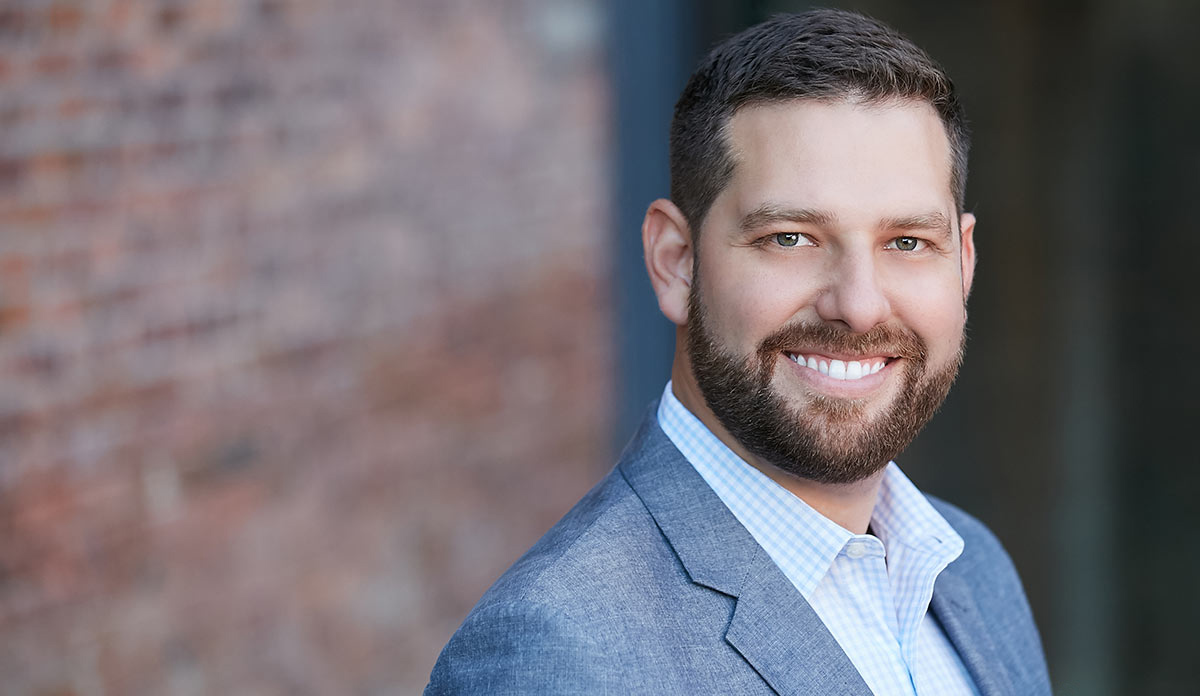At Cityblock, Iyah Romm is evolving new ways to offer Medicaid and lower-income Medicare beneficiaries access to high-value, convenient and personalized health services. As the first in a new series of conversations with public health innovators, Michael Stein, MD, executive editor of Public Health Post and co-author of The Public’s Health, spoke with Romm.
Michael Stein: What problem is your company trying to solve?
Iyah Romm: There is a fundamental mismatch between where venture capital is investing in innovative services and technology and where health care dollars are actually spent in an out of control way in this country. The health of low-income urban populations is being profoundly left behind by venture capital and Silicon Valley. With technology in the passenger seat, not the driver seat, I thought we could tackle a really hard and really economically and socially important problem.
MDS: Why, in the new digital technology world, have we not seen real successes in health care delivery yet?
IR: We’ve focused on the wrong problems. I do not think we need another FitBit for a healthy 55-year-old who is running marathons and wants to be able to count his steps. We need tools that allow low-income Medicaid moms with three kids and two elderly parents at home to communicate with her caregivers in a seamless way and to be able to access services after 5 pm to match their lifestyles. We need models built around low-income communities with multilingual access points and cultural competency that are available all day, every day.
The health of low-income urban populations is being profoundly left behind by venture capital and Silicon Valley.
MDS: And those models are not built around physicians, correct?
IR: We start with the perspective of: how do we help people arrange the services they need that will be most effective for them? So a person’s primary point of connectivity is a community health partner, a workforce that we at Cityblock are developing that’s informed by the community health worker movement, health coaches, and navigators. We believe we can build a workforce of people who are enabled to engage effectively as facilitators.
MDS: So a new kind of workforce is part of your business model? Can you tell us more? How do you get members to join up?
IR: We are a provider, not a health insurance product. We contract with managed care plans that already have captive members, and we act as a capitated provider. We offer members clinical services they don’t receive in a traditional health care environment. We will provide after-hours, in-home, wraparound services to help facilitate their medical and behavioral health and their social needs. In some instances these services come in an opt-in basis and in other instances in an opt-out basis. We build, manage, and curate a network of community-based organizations who are delivering social determinant services.
MDS: So it sounds like a new kind of business, bridging medical care and public health.
IR: I am an accidental capitalist. I met investors who were looking to make a big bet in a very hard-to-move area. There was a real energy and excitement there for doing very hard things, and a belief that application of technology capabilities in operationally-oriented ways was a powerful way to think about health care.
MDS: As someone interested in efficiencies and improving health for all, are you a single-payer person?
IR: I believe health care is a human right. But I don’t think you can really effectively have single-payer without a single provider and getting from here to a nationalized health system is not going to happen in my lifetime. You’ll find me in my personal time saying that single-payer is likely a very efficient and effective model in a perfect world, but also I’m not out there as a single-payer advocate because I don’t think it’s the most practical way of engaging in healthcare reform in this country right now. So to me it’s a question of how do we meaningfully simplify all of these different programs and services to make it not so bloody complicated for our patients and providers.
This conversation was lightly edited for brevity and clarity.
Photo courtesy of Iyah Romm.














